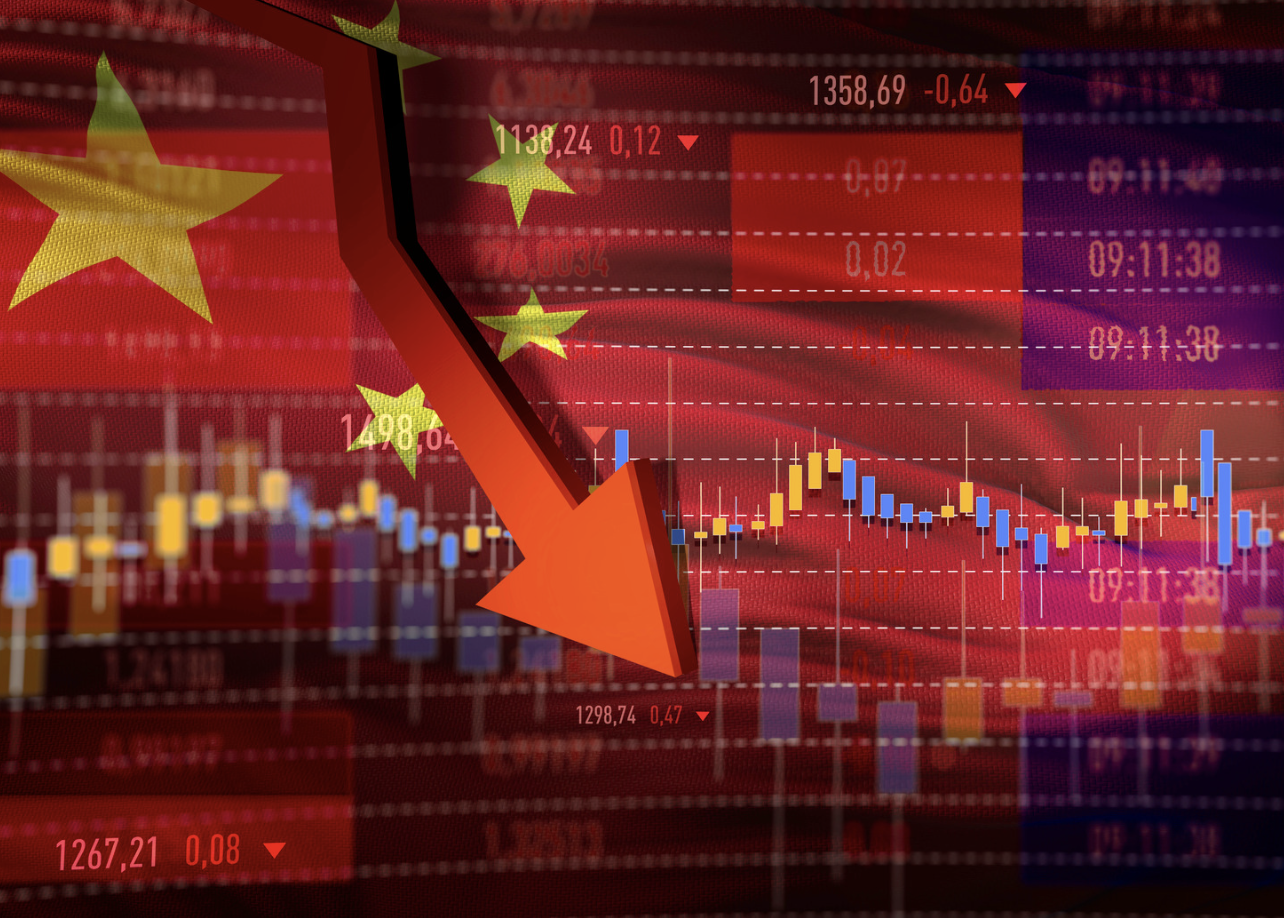The chart of the week
Vietnam – economic development or stagnation?
Vietnam’s historic success has been built on foreign direct investment (typically approximately 4.5% of GDP) and exports. However, as we approach an economic slowdown in Developed Markets, Vietnam is particularly poorly positioned versus Emerging Market countries that either have significant domestic growth impetus (China, India) or are commodity exporters (Indonesia, Saudi Arabia). In the current environment, Vietnam is a victim of its own success with exports at 92.8% of GDP. This compares with 41.7% for Korea (which is seen as an export-focused economy), 20.8% for India, and 20.0% for China. As a reference point, major export-oriented countries in Europe such as Germany and the Netherlands have export-to-GDP ratios of 47.5% and 83.6% respectively. It is clear that Vietnam is more exposed to global trade than most countries, and it is worth noting that the largest destination for Vietnamese exports is the USA.
The nature of these exports is also problematic in the near term. In 2021, total Vietnamese exports were $336bn, of which $66bn were from Samsung Electronics which produces more than 50% of their total smartphones in Vietnam and employs over 112,000 people. In June, the company announced a reduction in the working week from 5 days to 3 days due to lower demand, which also needs to be seen in the broader context of a permanent shift of production from Vietnam to cheaper locations such as Bangladesh. A decrease in Samsung’s production in Vietnam, given the sheer scale of operations, will naturally have a wider impact on the economy.
In addition, government measures are causing additional near-term pressure on the stock market. Firstly, the ongoing corruption clampdown is damaging local investor sentiment given the uncertainty created. This is a short-term negative, although a long-term positive. Secondly, the government is also pressuring the banks to absorb interest rate increases rather than pass them on to their customers, which will be an overhang on their profitability. This is disappointing. Furthermore, our recent consumer panel in Hanoi highlighted a greater negative impact on consumer spending due to inflation than the relatively low headline number would suggest.
The long-term investment case remains interesting, but in the near term, a greater element of caution is required.
Source: Alquity





